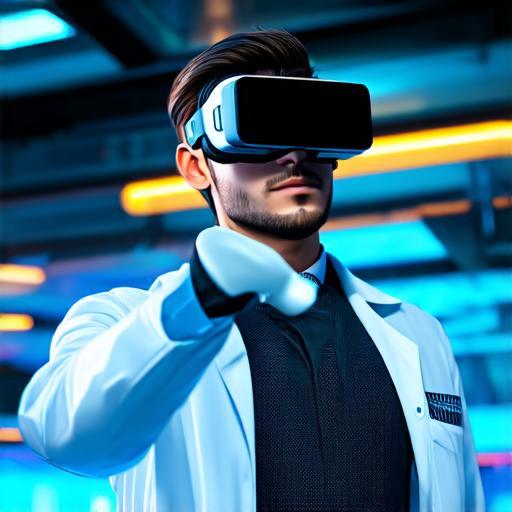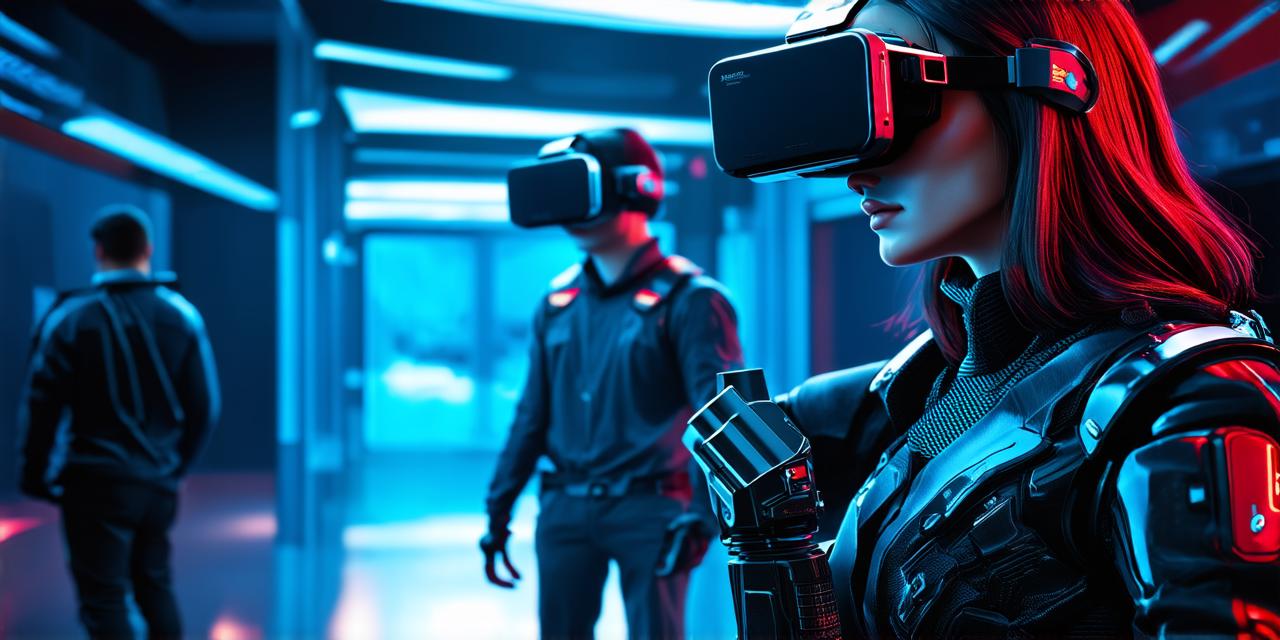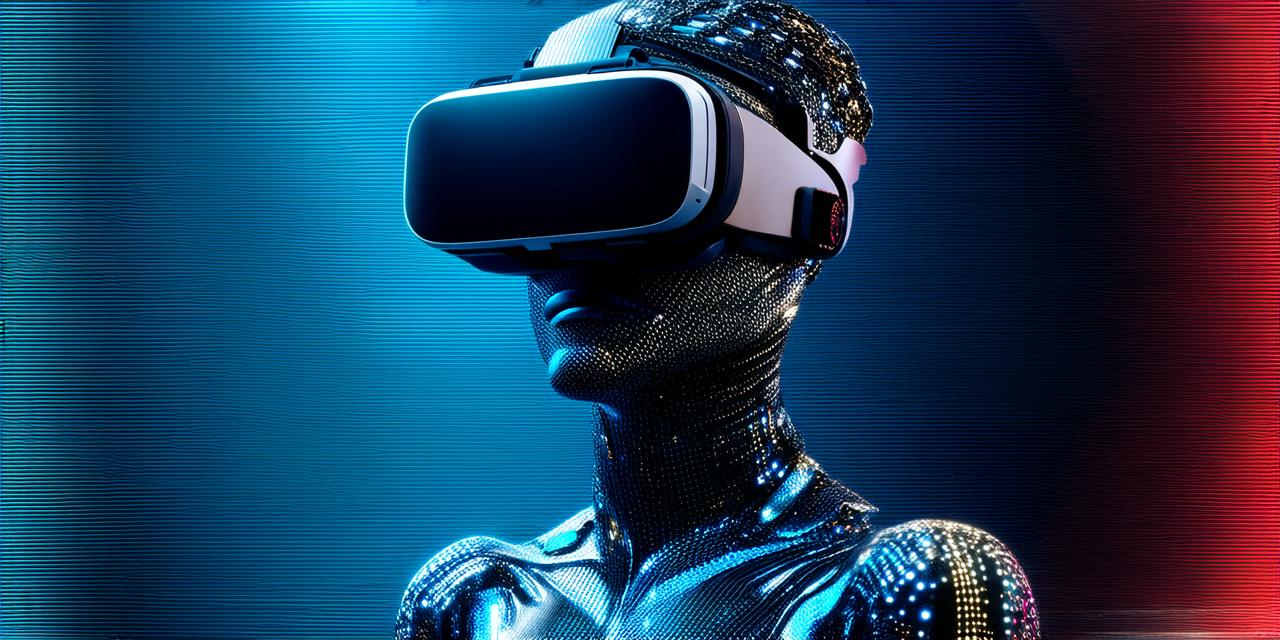Virtual Reality and the Quest for True Virtuality
Virtual reality (VR) has been a topic of interest for many years now, with advancements in technology and computing power bringing us closer to the dream of immersing ourselves in simulated environments. However, the question remains: will VR ever truly become possible? In this article, we will explore the current state of VR technology and the challenges that lie ahead in achieving true virtual reality.
Current State of VR Technology
While VR technology has come a long way in recent years, there are still many limitations that prevent us from experiencing true virtual reality. The main challenge lies in creating a seamless, realistic experience that fully immerses the user in a simulated environment.
One of the biggest obstacles is the lack of high-resolution displays and graphics capabilities. Current VR headsets, such as the Oculus Quest and HTC Vive, offer high-quality visuals, but they are still limited by the technology available today. To achieve true virtual reality, we will need to see significant improvements in display resolution and graphics processing power.

Another major challenge is the lack of haptic feedback, which allows us to feel physical sensations in virtual environments. While some VR headsets do offer some level of haptic feedback through vibration and force feedback, these are still limited and do not fully replicate the experience of touching or feeling objects in a real-world environment. To achieve true virtual reality, we will need to see significant advancements in haptic technology that allow us to feel objects and interact with our environment in a more natural way.
Challenges Ahead
Despite these challenges, the future of VR looks promising. With continued advances in technology and computing power, we are likely to see significant improvements in display resolution and graphics processing capabilities in the coming years. This will bring us closer to achieving true virtual reality.
In addition, there is a growing interest in developing new technologies that allow for more immersive and realistic experiences. For example, researchers are exploring the use of eye-tracking technology to improve the accuracy of virtual environments and enhance the overall experience.
Another area of research focuses on developing more advanced haptic feedback systems that can simulate the feel of objects in a virtual environment. This will allow us to interact with our surroundings in a more natural way, making the experience of virtual reality even more immersive.
Summary
While we are still some way from achieving true virtual reality, there is every reason to be optimistic about the future of this exciting technology. With continued advances in technology and computing power, we can expect to see significant improvements in display resolution, graphics processing capabilities, and haptic feedback systems in the coming years. These developments will bring us closer to the dream of fully immersing ourselves in simulated environments and experiencing the world in a whole new way.


